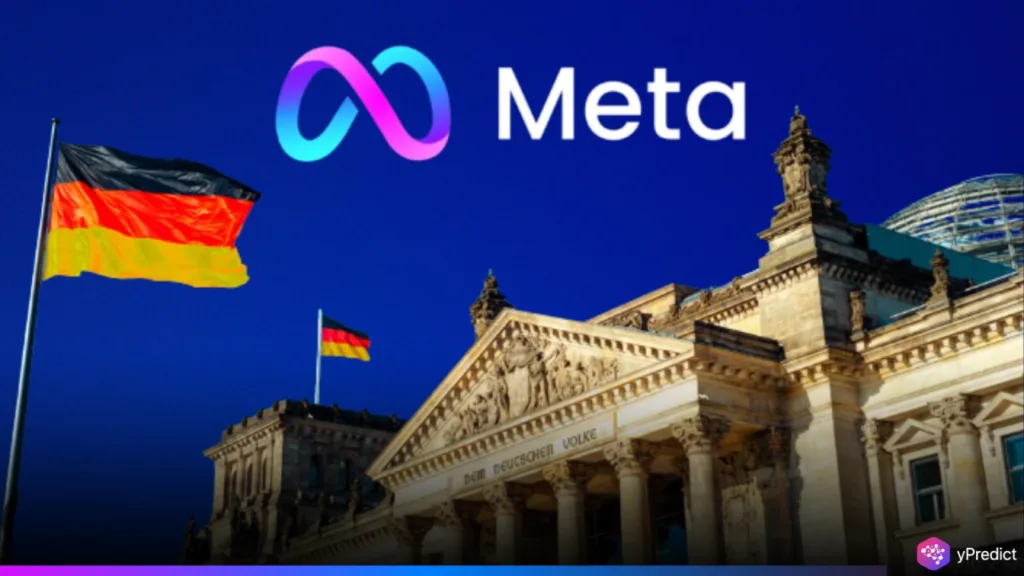
In a landmark ruling, Cologne’s Higher Regional Court authorized Meta to use public Facebook and Instagram data for AI training. The court denied an emergency injunction from North Rhine-Westphalia’s Consumer Advice Center, citing compliance with EU privacy rules and transparency. Meta’s approach meets legal standards when it includes user opt-out options and communicates data practices clearly to platform users.
The court’s decision marks a turning point in the legal conversation around Meta’s use of personal data for artificial intelligence development. Moreover, this decision sets a critical legal precedent, highlighting tensions between fast-paced innovation and protecting personal data in today’s digital world.
Meta’s AI Ambitions Backed by Legal Clarity
According to Reuters, a regional court in Cologne has ruled in favor of Meta Platforms, dismissing an attempt by German consumer protection organizations to block the company’s plan to use publicly available data from Facebook and Instagram to train its artificial intelligence models.
The court ruled that Meta’s use of user-generated content complies with European Union regulations and does not violate privacy standards. It affirmed that enhancing AI systems through such data represents a lawful, justifiable objective aligned with Meta’s legitimate business interests. The court held that Meta does not need individual consent to include publicly available content in its AI training datasets. Judges concluded that the data processing serves a legitimate interest and cannot be achieved through less invasive or equally effective alternatives.
The North Rhine-Westphalia Consumer Advice Centre filed the case, raising significant concerns about the privacy risks in Meta’s data practices. However, the court ruled that consumer rights did not outweigh the broader societal interest in supporting responsible artificial intelligence development.
Meta announced it would begin using publicly accessible posts from EU adult users and AI-related interactions for model training starting Tuesday. The company clarified it would exclude private messages, minors’ content, and any material marked as private or previously deleted from datasets.
Meta updated its data policies and informed users through in-app notifications to address potential privacy concerns about AI training practices. EU users received clear options to opt out of data sharing, ensuring greater transparency and control over personal information in AI use.
Consumer Groups Challenge Meta’s Use of Personal Data
Despite the court’s ruling, critics remain skeptical of Meta’s strategy and continue to question its alignment with EU privacy laws. Furthermore, Critics argue that Meta’s use of personal data for AI raises serious questions about the future of consent and ethical boundaries in digital ecosystems. Wolfgang Schuldzinski, head of the consumer group, stated the case is “highly problematic” with “considerable doubts about the legality.” He emphasized that serious legal concerns persist, suggesting the group may pursue further action or appeal based on unresolved privacy implications.
Furthermore, the Vienna-based privacy group NOYB has taken initial legal action against Meta by sending a formal cease-and-desist letter recently. The letter concerns Meta’s plan to use European user data for AI training without clear and informed consent from users. NOYB has indicated it might pursue an injunction or a class-action lawsuit if Meta ignores the requirement for consent.
Conclusion
This ruling establishes a significant precedent in the European Union’s ongoing debate on data privacy and artificial intelligence regulatory frameworks. By permitting Meta to use public data without consent, the court may inspire similar strategies among other major technology firms. These practices could gain legal acceptance if companies ensure transparency and offer users simple, accessible opt-out options for data usage.
However, the decision raises urgent questions about balancing rapid technological advancement with the protection of individual data and privacy rights. As AI systems integrate deeply into society, regulators must develop clear frameworks addressing the ethical and legal implications of data usage.






